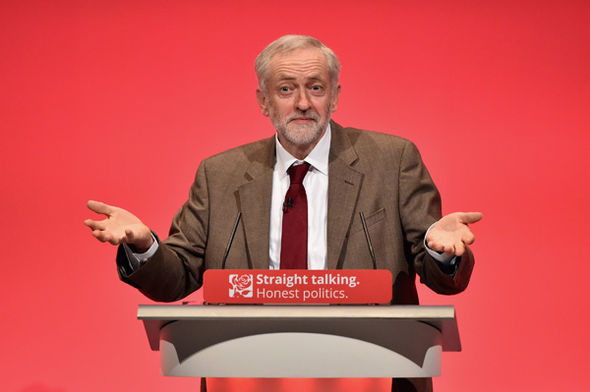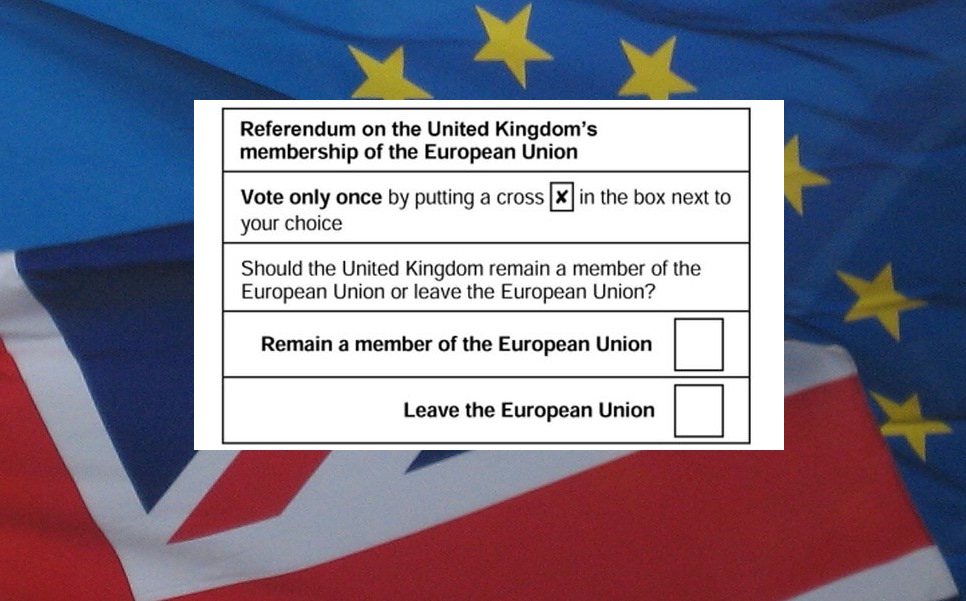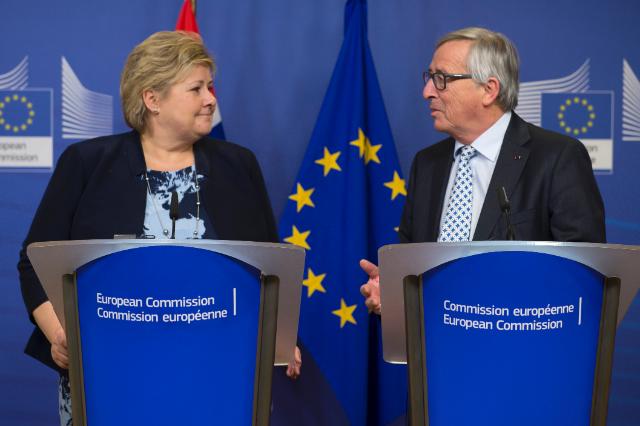
A few months ago, I argued that Labour leader Jeremy Corbyn had a tailor-made opportunity with the EU membership referendum. ![]()
Given that working-class Labour voters would be likely to determine the result, Corbyn could have shown that he has what it takes on the most crucial national referendum in decades. Most importantly, for a nervous set of Labour MPs warily eyeing a general election in 2020 or even sooner, it would show that Corbyn could actually win votes.
Corbyn, who fought a lonely fight in the 1970s and 1980s against Margaret Thatcher, then increasingly against his own party’s moderate ‘third way’ leadership in the 1990s and 2000s, was uniquely placed to win back those voters in northern England, many of whom supported Nigel Farage’s United Kingdom Independence Party (UKIP) in the 2015 general election. Of course, they are the voters who also voted so overwhelmingly to leave the European Union. Sadly, Corbyn had the kind of credibility that could have brought more working-class voters in Labour’s traditional northern heartlands to the Remain camp.
As it turns out, Labour supporters backed Remain by the considerable margin of 69% to 31%. But that 31% that supported Leave could have made the difference between failure and victory.
Today, as over 80% of the Labour Party’s MPs have delivered a vote of no confidence in Corbyn, and as Corbyn now faces — at minimum — a humiliating new leadership challenge, it’s clear that his lackluster performance in the ‘Brexit’ referendum has energized his opponents and caused even longtime supporters to reassess his ability or willingness to make the case to voters.
Continue reading Corbyn suffers massive parliamentary revolt as Labour unravels


